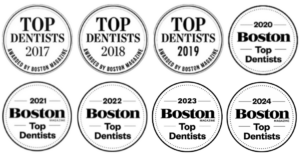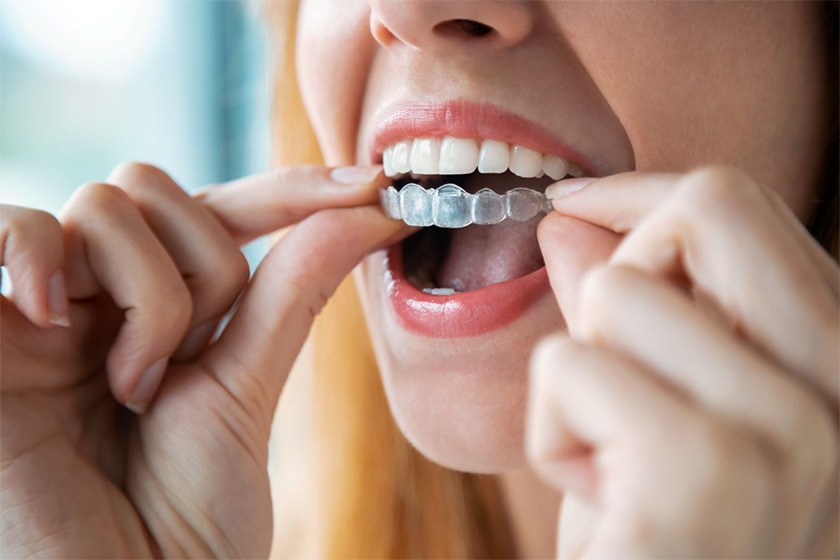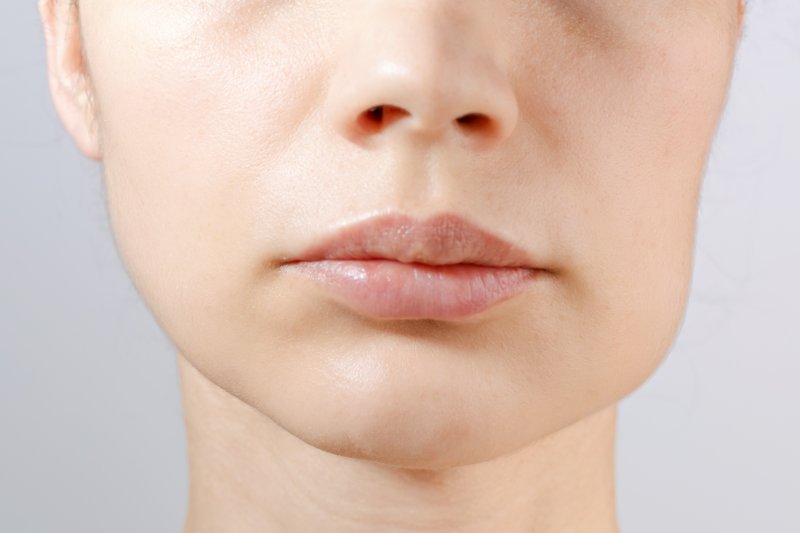Laser gum surgery is a minimally invasive surgical procedure that can be used to treat a number of different gum diseases. The laser gum procedure involves using a laser to remove diseased tissue from the gums and promote healing. Laser gum surgery is often used to treat gingivitis, periodontitis, and other gum diseases. While the surgery is minimally invasive, you still need to recover from it. And to ensure a speedy recovery here’s what you need to know.
Maintain a Liquid or Soft Diet
For the first few days after laser gum surgery, it is important to stick to a liquid or soft diet. Sticking to a liquid or soft diet will help to prevent any further irritation of the gums. Avoiding hard or crunchy foods will also help to avoid any further damage to the gums.
After the first few days post-surgery, you can slowly start to introduce solid foods back into your diet. However, it is important to avoid any foods that are hard or crunchy. These can cause further irritation to the gums and delay the healing process.
It is also important to avoid using straws, smoking, and drinking alcohol for at least two weeks after surgery. These activities can all cause irritation and delay healing.
Avoid Brushing or Flossing Over the Treated Area
If you’ve recently had laser gum surgery, it’s important to take care of your teeth and gums to ensure a successful recovery. One of the most important things you can do is to avoid brushing or flossing over the treated area.
Brushing your teeth too soon after laser gum surgery can irritate your gums and cause them to bleed. It can also cause the surgical site to become infected. Flossing can also irritate your gums and cause bleeding.
It’s important to wait until your gums have healed before you start brushing and flossing again. You should wait at least a week before you start brushing your teeth. If your gums are still sore, you can try using a softer toothbrush.
Once your gums have completely healed, you can start brushing and flossing again. Be sure to brush gently and avoid irritating your gums.
Keep Your Head Slightly Elevated
If you have recently had laser gum surgery, your doctor will have likely told you to keep your head slightly elevated for the first few days. This is to help reduce swelling and promote proper healing. Here are a few tips on how to best keep your head elevated during your recovery:
- Use a few pillows when sleeping. When you are lying down, gravity will pull your head down and increase swelling. Placing a pillow under your head will help keep it elevated and reduce swelling.
- Sit up straight. When sitting, be sure to keep your head up and back straight. This will help reduce pressure on your incisions and promote proper healing.
- Use ice. Applying ice to your face can help reduce swelling. Be sure to wrap the ice in a towel so that it doesn’t directly touch your skin.
Final Thoughts
Laser gum surgery is a minimally invasive, effective way to treat gum disease. The procedure is quick and typically requires only one or two visits to the dentist. Recovery is usually quick and painless, with most patients able to return to their normal activities within a few days. But still, it’s important to heed your dentist’s advice to ensure a full recovery.
Get laser gum surgery in Lexington at Lexington Smile Studio. We provide a full range of dental services for your entire family. Our dental services include cosmetic dentistry, prosthodontics, implant dentistry, periodontics, and laser dentistry. Book an appointment now!






